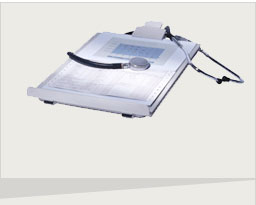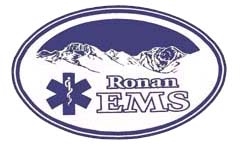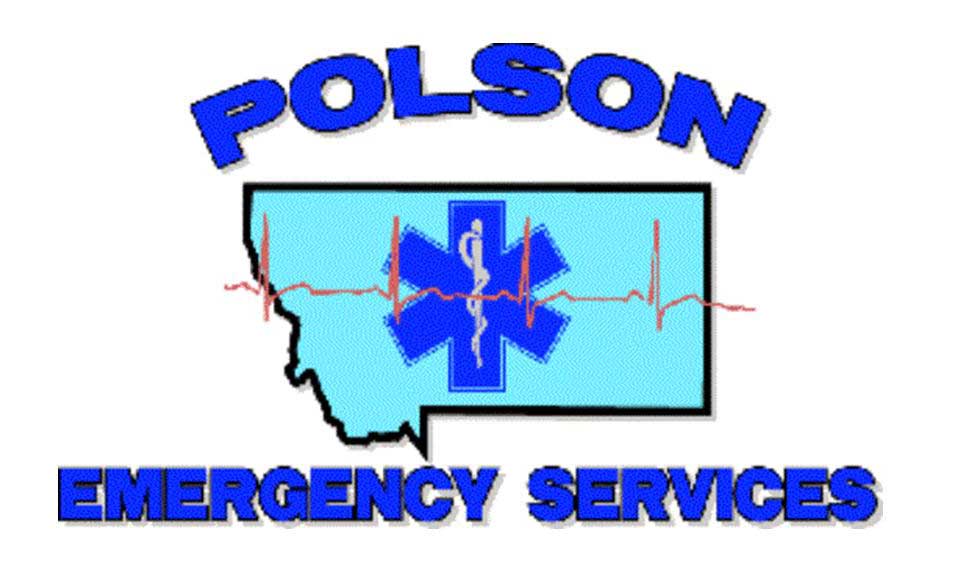


|
|
|
|
Do you have what it takes?
Working as an Emergency Medical Technician (EMT) or Paramedic will prove to be an extremely rewarding career for individuals that enjoy working outdoors, meeting and interacting with people of all ages, color, sex, origin and education. The job is challenging and requires the ability to think and reason quickly in stressful situations. Due to the nature of EMS working conditions employees may be exposed to inclement weather, potential hazardous conditions, diseases and other illnesses. Frequent interruptions, work pressure and irregularities in work schedule can be expected. Working hours can be long and may require working holidays, nights and weekends. EMTs and Paramedics are continuously faced with a number of situations considered to be high priority. They must be able to maintain composure under pressure and handle stressful/emotional situations during times of crisis. Depending on the nature of the emergency, EMT's and paramedics typically are dispatched to the scene by a 911 operator and often work with police and fire department personnel. Once they arrive, they determine the nature and extent of the patientís condition while trying to ascertain whether the patient has pre-existing medical problems. Following strict rules and guidelines, they give appropriate emergency care and, when necessary, transport the patient. Usually, one EMT or paramedic drives while the other monitors the patientís vital signs and provides additional care as needed. At the medical facility, EMTs and Paramedics help transfer patients to the emergency department, report their observations and actions to staff, and may provide additional emergency treatment. After each call, EMTs and paramedics replace used supplies and check equipment. If a transported patient had a contagious disease, EMTs and paramedics decontaminate the interior of the ambulance and report cases to the proper authorities. Another important service that ambulance companies provide is inter-hospital transfers. Many patients require specialized services not available at the hospital they are admitted to. Ambulance units are utilized to transfer these patients between these facilities. During these transfers, EMTs and Paramedics must continually conduct patient assessments; monitor cardiac function and blood pressure in order to ensure a patientís condition does not worsen while being transferred between facilities. EMTs and Paramedics are occasionally required to travel and attend regular and unscheduled meetings, some of which take place outside of regular working hours. Due to the changing health care environment, EMTs and Paramedics are required to take continuing education and training throughout the year in order to retain state certification. A career in Emergency Services is life changing. It will change your life and ultimately mean the difference in the life of a complete stranger. It's a career of personal sacrifice, teamwork and selflessness. EMS is life changing. The question is, do you have what it takes and are you ready for it? |
|
|
|
||


| Site Map |